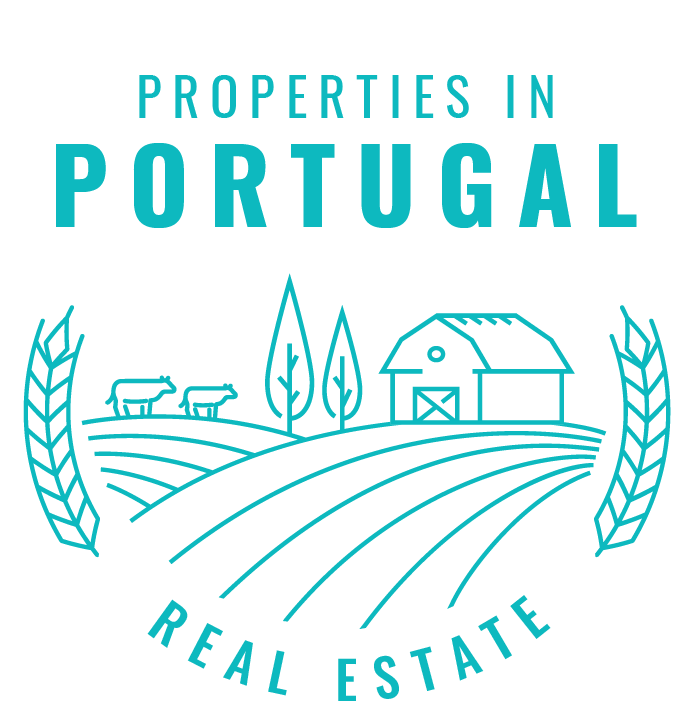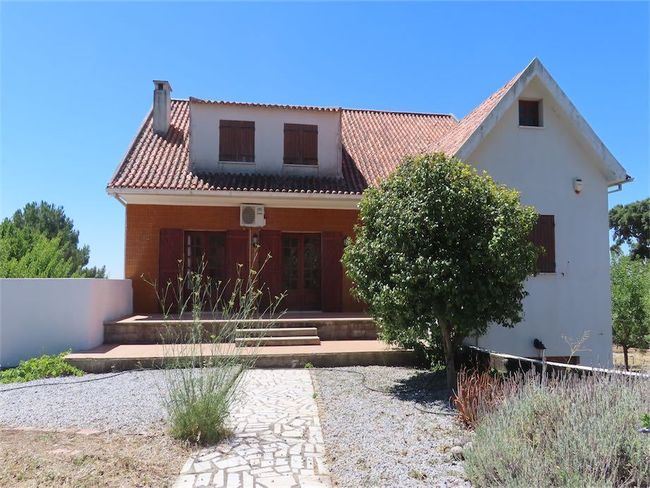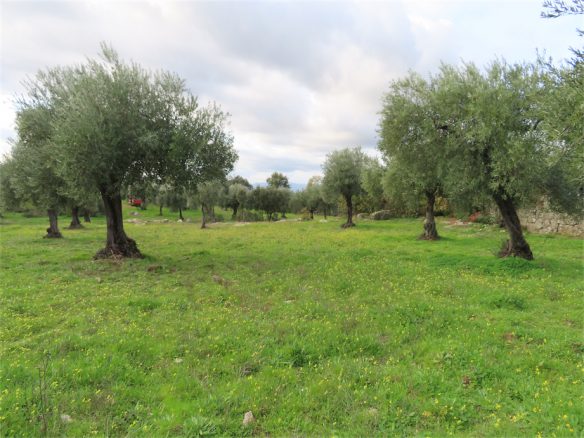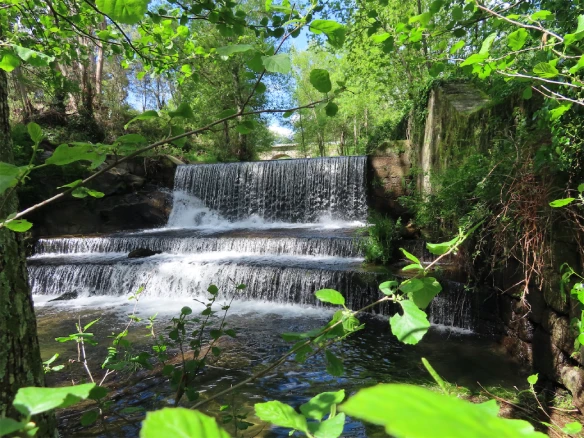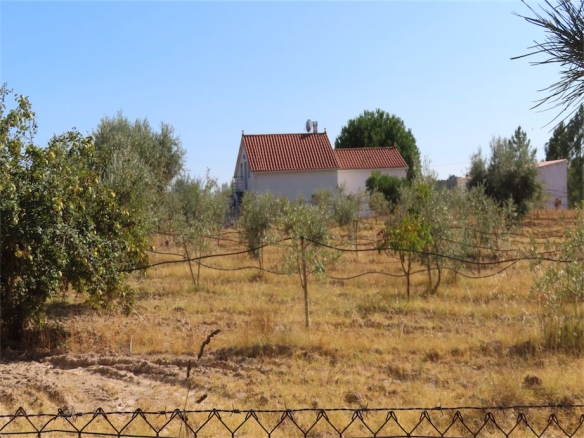The Rise of Eco-Tourism in Castelo Branco: What It Means for Farm Buyers & Investors
Eco Tourism in Castelo Branco is gaining momentum as part of a global travel shift. More and more travellers are moving away from crowded resorts and overdeveloped hotspots, choosing instead to embrace nature, sustainability, and authentic cultural experiences. This movement, widely recognised as eco-tourism, has become one of the fastest-growing sectors in the travel industry.
This is a region of rolling hills, olive groves, rivers, and rustic stone villages. Here, farms and quintas are increasingly being purchased not only as lifestyle escapes but also as investment opportunities — properties that can generate income from both agriculture and tourism.
Why Castelo Branco is Ripe for Eco-Tourism
Several factors make Castelo Branco a natural eco-tourism hotspot:
- Unspoilt landscapes – Forests, mountains, and river valleys offer hiking, cycling, and birdwatching in peaceful settings.
- Cultural heritage – Medieval villages, traditional stone houses, and local festivals enrich the visitor experience.
- Affordability – Land and property prices here remain far lower than in the Algarve or Lisbon, allowing larger projects at lower cost.
- Accessibility – Well-connected by road (A23) and close to both Lisbon and Spain, yet far from mass tourism.
This combination gives the region strong appeal to the new generation of eco-conscious travellers — couples, families, and digital nomads who want authentic experiences over five-star chains.
Global Trends Driving Eco-Tourism
Eco-tourism isn’t just a buzzword; it reflects deeper shifts in how people travel:
- Sustainability – Travellers are willing to pay more for low-impact, eco-certified accommodation.
- Wellness & nature – Yoga retreats, meditation camps, and hiking holidays are on the rise.
- Farm-to-table dining – Guests increasingly value fresh, organic food sourced directly from the farm.
- Slow travel – Visitors stay longer in one place, valuing immersion over short breaks.
For property buyers, this means farms in Castelo Branco can be transformed into multi-purpose assets that serve both tourism and agriculture.
How Farms & Quintas Fit the Eco-Tourism Model
Farm properties in Castelo Branco can be adapted in several ways to benefit from eco-tourism:
-
Farm Stays & Guesthouses
-
Convert rustic farmhouses into accommodation for travellers.
-
Market experiences such as olive harvesting or cheese-making.
-
-
Glamping & Nature Lodges
-
Set up yurts, eco-cabins, or safari tents on scenic land.
-
Low-impact, flexible, and popular with international tourists.
-
-
Wellness & Retreat Centres
-
Yoga retreats, meditation camps, or holistic therapy centres.
-
Farms with water features or secluded locations are particularly appealing.
-
-
Agro-Tourism Activities
-
Olive oil tasting, vineyard tours, honey workshops.
-
Direct sales of organic produce to visitors.
-
Investment Implications for Buyers
Eco-tourism provides farm owners in Castelo Branco with dual income streams:
- Agriculture – Olive oil, almonds, fruits, honey, wine.
- Tourism – Accommodation, workshops, events, direct sales.
Key financial benefits include:
- Diversified revenue – Reduces reliance on farming alone.
- Value appreciation – Properties with tourism infrastructure typically resell at higher values.
- EU support – Rural development funds and eco-tourism grants are available to qualifying projects.
Challenges & Considerations
While opportunities are abundant, buyers should consider:
- Licensing – Accommodation and tourism businesses require municipal permits.
- Infrastructure – Roads, internet, and water supply must be reliable for guests.
- Seasonality – Stronger demand in spring and autumn; planning events can extend the season.
- Upfront investment – Renovating buildings or setting up glamping sites requires capital.
Conclusion
Eco-tourism is no longer a niche trend; it’s becoming a major driver of rural economies across Portugal. In Castelo Branco, where affordability meets natural beauty, the rise of eco-tourism is transforming farms and quintas into profitable hybrid ventures that combine agriculture, hospitality, and sustainability.
For buyers and investors, this means an opportunity not only to own a piece of Portugal’s countryside but to build a business that aligns with the future of travel. If you’re looking for a farm with both lifestyle appeal and income potential, Castelo Branco should be at the top of your list.
